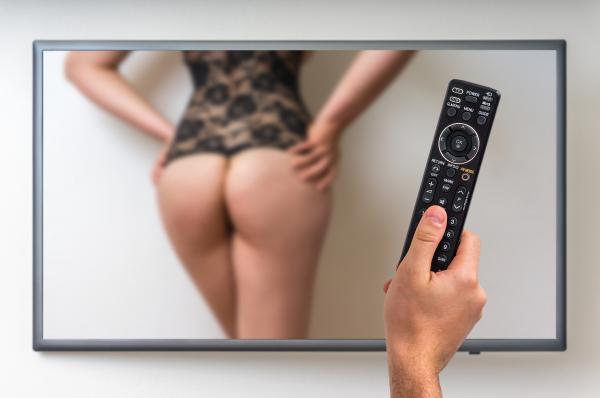Do You Have Sexual Stigma?


After the addiction discussion, I got an email from a woman who told me that there wasn’t such thing as sex addiction. But as we exchanged emails, I realized that she was battling with sexual stigma -- not addiction -- which is why she attributed her behavior as normal (which it was). At the time, I told her that her seeking pleasure surely was not addiction, and as I examined her case, further, I realized that the shame and guilt that she was experiencing was rooted in stigma -- public and self-stigma.
Public Stigma
Public stigma is when you experience extreme disapproval by social institutions based on perceived social characteristics. The most common social institution that we have disapproval from is mainly our own family members. Most people experience this type of stigma and sometimes are generally labeled “the black sheep” of the family because the characteristic that is a part of them isn’t experienced with the rest of the family. This can be the most hurtful because these are the people who essentially have taught you all you know, so to be ostracized can be detrimental to your mental health.
Self-Stigma
Self-stigma is when there are a lot of internalized beliefs that you are damaged somehow because you fall into a certain category that you believe goes against societal norms (i.e., HIV+ people, LGBTQ people, folks with felony convictions, etc.). Some people call this internalized oppression, which generally sprouts from stigmatized identities. For instance, in the movie, The 40-year-old Virgin, his identity was stigmatized by his coworkers because most people are not virgins by the time they reach their 40s. This caused him extreme anxiety and feelings of alienation because his experience was different than the rest of his coworkers. To have these prolonged feelings can do damage to your self-esteem and essentially your self-worth.
If you’re battling with public or self- sexual stigma, I highly recommend these tactics:
Step Up!
If someone says something negative about your sexual lifestyle, counter it with a positive statement. For instance, if a friend says, “You shouldn’t be masturbating at work,” you could counter with; “Well, I enjoy myself, it’s not hurting anyone, no one at work knows I do it, and it doesn’t affect the quality of work that I do.”
I believe stepping up and stating the positives out of the situation will directly counter the negative. If you can think of five positive statements for their negative statement, you will surely get past the public stigma that they have put on you.
The same goes with self-stigma. If you find yourself saying negative statements about your own sexuality, check yourself by saying five positive statements. For instance, if you find yourself saying, “I shouldn’t like [put your own sexual behavior here],” then you can catch yourself and say, “Well, I like [said sexual behavior] because of these five reasons.”
Tell Your Story!
We have the ability to change people’s lives, just by sharing a part of our life that is unique. If overcoming trauma and stigma can be beneficial to the person you’re telling your story to, you should do it mainly because they can take that story with them and genuinely learn from that lesson. Every single one of us has a unique perspective and a unique story; I’m sure that you’ve learned from someone else’s story before, whether it had to do with sexual stigma or not. A lot of us have dealt with shame and guilt because of our sexual behaviors, but telling our story not only empowers the person we’re telling, but it can also empower ourselves.








